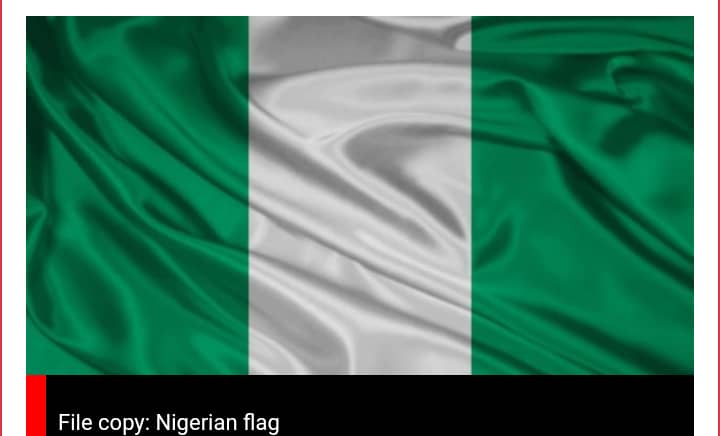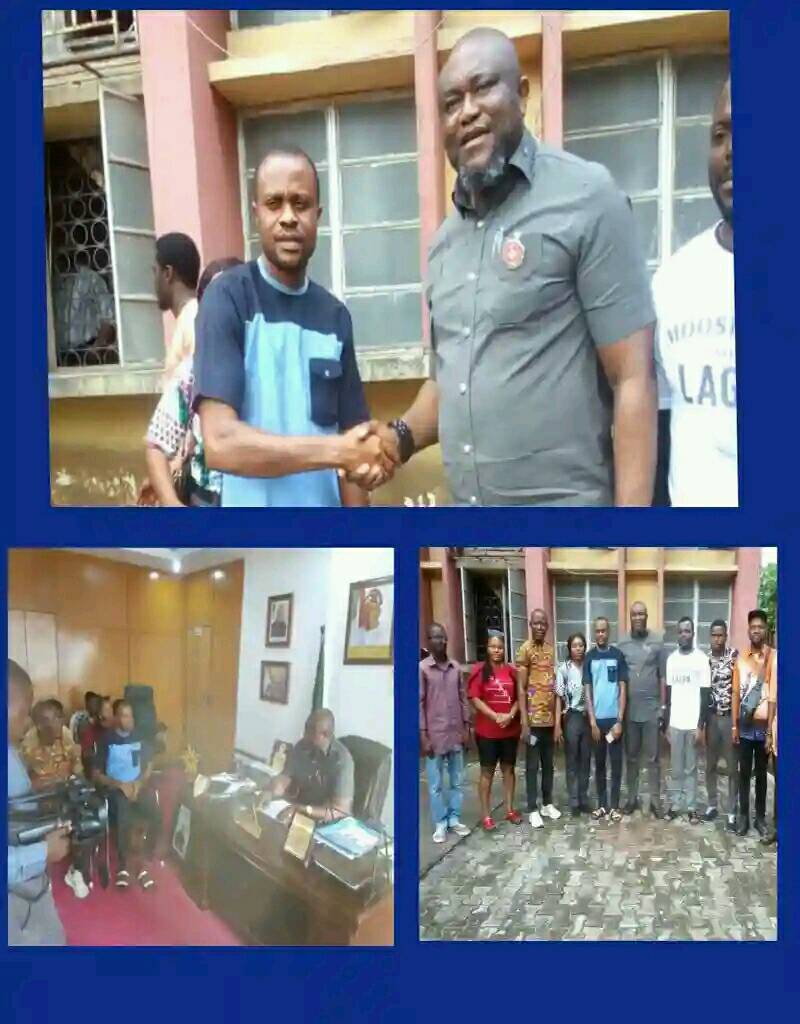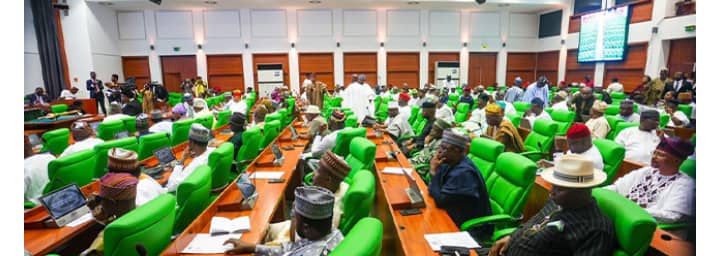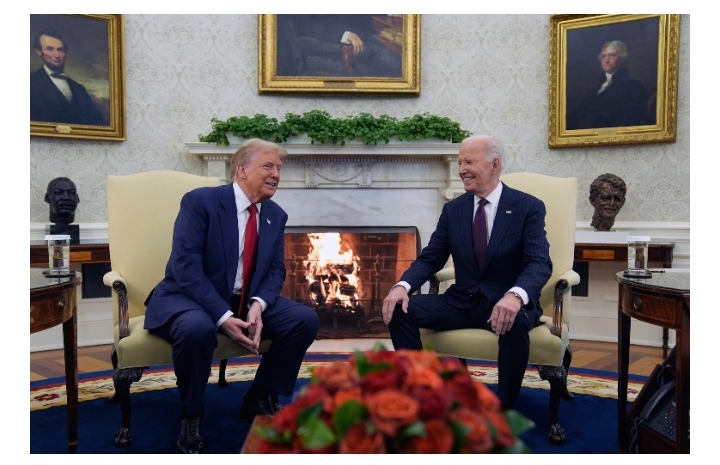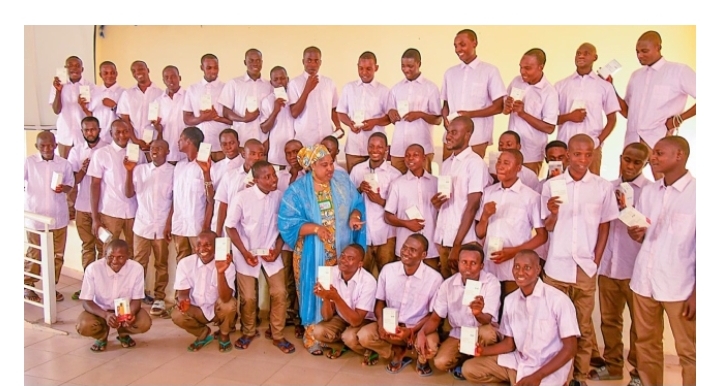Nigeria @63: The Quest for National Identity Continues
As Nigeria celebrates its 63rd Independence Day, it is essential to reflect on the nation’s journey toward establishing a strong sense of national identity. Among the three member countries of the United Nations commemorating their independence today, Nigeria stands out as a nation still grappling with the search for ‘nationhood.’ In this blog post, we delve into the challenges and opportunities Nigeria faces in its quest to define its unique identity.
The Struggle for National Identity:
Nigeria’s diverse ethnic, cultural, and religious composition has posed a significant challenge in forging a unified national identity. With over 250 ethnic groups and a history of regional divisions, the country has struggled to foster a sense of belonging among its citizens. The legacy of colonialism, followed by years of military rule, further complicated this process.
Political Fragmentation:
Nigeria’s political landscape has been marked by power struggles, corruption, and a lack of cohesive governance. The frequent rotation of leadership, coupled with ethno-religious tensions, has hindered the nation’s efforts to establish a shared vision and purpose. The absence of a unifying narrative has led to a fragmented society, with citizens identifying strongly with their ethnic or religious affiliations rather than a common Nigerian identity.
Cultural Richness and Diversity:
On the other hand, Nigeria’s cultural richness and diversity provide a unique opportunity for the development of a vibrant national identity. The country is blessed with a wealth of traditions, languages, and artistic expressions that can serve as a foundation for a shared sense of pride and belonging. Celebrating and promoting these cultural assets can foster a stronger sense of national unity and appreciation for Nigeria’s heritage.
Education and Social Integration:
Investing in education and social integration is crucial to overcoming the challenges of national identity. By promoting inclusive educational policies, Nigeria can cultivate a generation of citizens who are knowledgeable about their country’s history, values, and aspirations. Emphasizing civic education and promoting dialogue across ethnic and religious lines can help bridge divides and promote a sense of shared destiny.
National Symbols and Icons:
National symbols and icons play a vital role in instilling a sense of pride and unity. Reimagining and reinvigorating Nigeria’s national symbols, such as the flag, the coat of arms, and the national anthem, can help create a collective identity that transcends ethnic and religious boundaries. Additionally, highlighting national heroes and role models who embody the values and aspirations of the nation can inspire citizens to identify with a common Nigerian identity.
As Nigeria celebrates its 63rd Independence Day, the search for ‘nationhood’ continues. While the challenges are significant, Nigeria possesses immense potential to forge a strong, inclusive national identity. By addressing political fragmentation, leveraging cultural diversity, investing in education, and reimagining national symbols, Nigeria can pave the way for a united and prosperous future. It is through this collective effort that Nigeria can truly find its elusive nationhood and embrace the shared destiny of its citizens.
